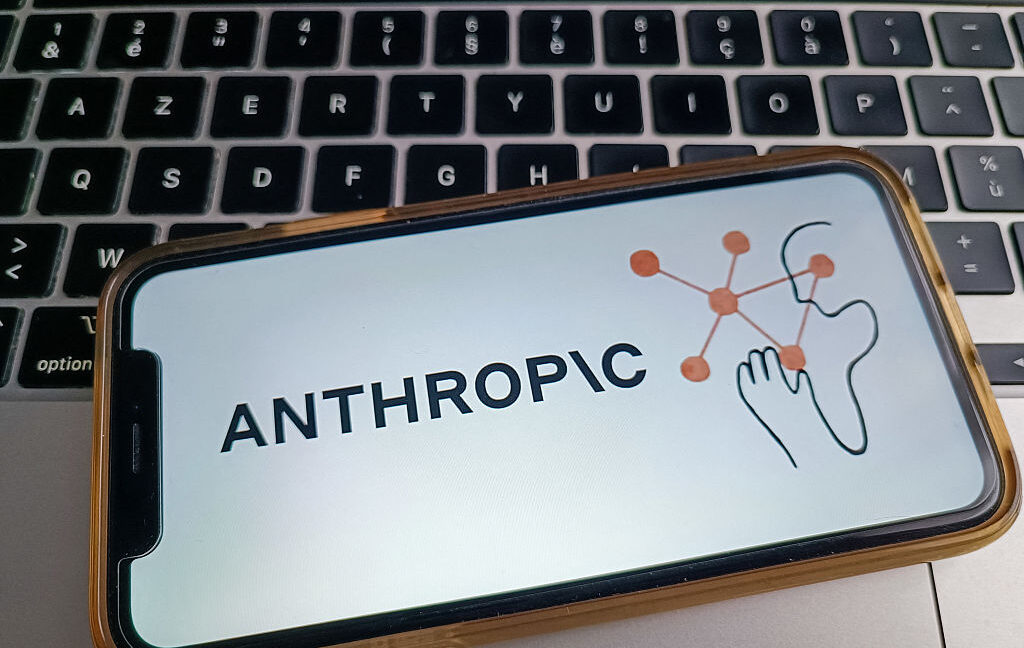A class-action lawsuit against AI company Anthropic over copyright infringement is nearing settlement, with both parties reaching an agreement in principle[1]. The lawsuit, filed by authors Andrea Bartz, Kirk Wallace Johnson, and Charles Graeber, alleged Anthropic illegally downloaded millions of books to train its AI models[2].
U.S. District Judge William Alsup certified what could be the largest copyright class action ever, potentially including up to 7 million claimants[1:1]. The lawsuit claimed Anthropic pirated books from online sources including Books3, Library Genesis, and Pirate Library Mirror[2:1].
“This historic settlement will benefit all class members,” said Justin A. Nelson, attorney for the authors[1:2]. The parties must file a motion for preliminary approval by September 5, 2025[1:3].
While settlement terms remain undisclosed, the case had serious implications - industry advocates warned that if every eligible author filed a claim, it could “financially ruin” the AI industry[1:4]. Anthropic had previously argued the lawsuit threatened its survival as a company[1:5].



In a world where people require money to survive, copyright protections ensure writing and other arts remain a realistic (if rarely profitable) activity for those without the luxury of complete financial independence and a wealth of spare time.